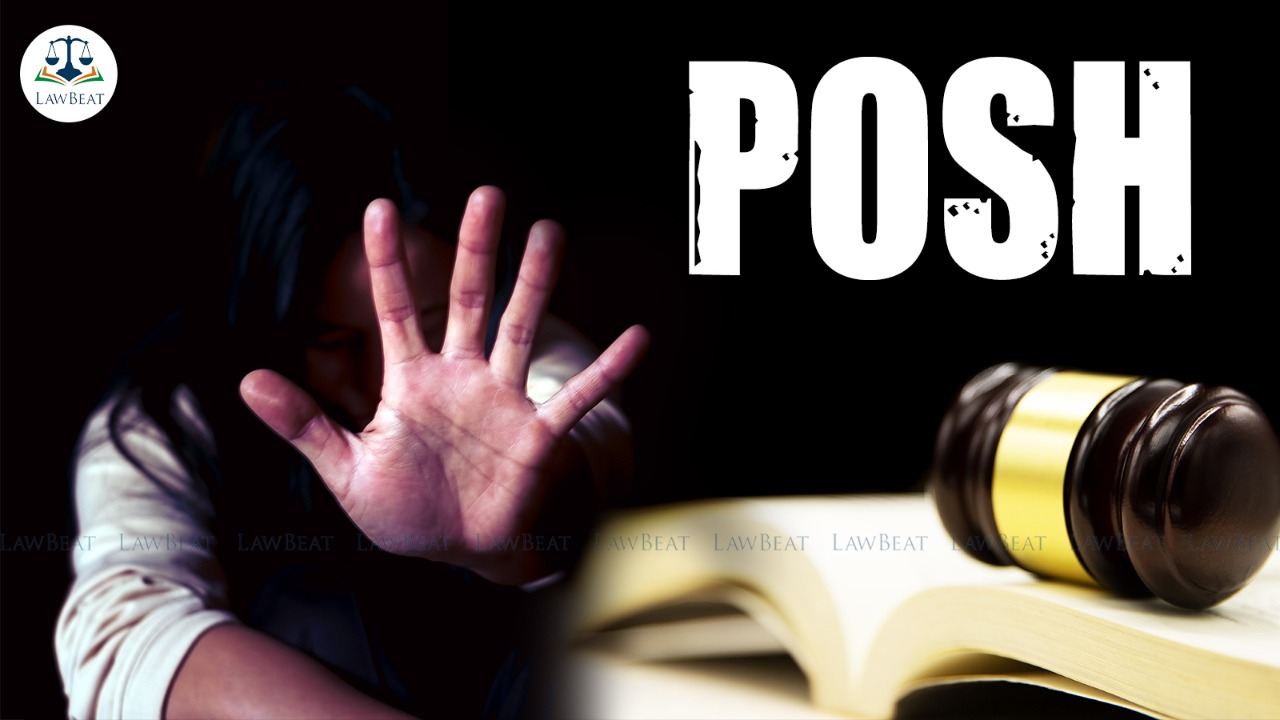POSH Act: Plea in Supreme Court challenges judgment protecting identities of parties involved in Inquiries

A Special Leave Petition has been filed in the Supreme Court of India challenging the Bombay High Court order which imposed major restrictions on reporting identities of parties in the cases filed under the Sexual Harassment of Women at the Workplace (Prevention, Prohibition and Redressal) Act, 2013) [POSH Act].
On 24th September 2021, the Bombay High Court had passed an order issuing guidelines to protect the identities of the parties involved from disclosure for future hearings as well as for purposes of reportage, in line with POSH Act proceedings.
The Single Judge Bench of Justice GS Patel while dealing with issues involved in the proceedings under the Sexual Harassment of Women at the Workplace (Prevention, Prohibition and Redressal) Act, 2013 (“the POSH Act”) and Sexual Harassment of Women at the Workplace (Prevention, Prohibition and Redressal) Rules, 2013 (“the POSH Rules”) had set out that initial working protocols for future orders, hearings and case file management.
While prioritising the need for preventing disclosure of identities, the Court had curbed parties involved as well as the advocates in the concerned cases to disclosing the contents of any order, judgment or filing to the media or publishing any such material in any mode or fashion by any means, including social media, without specific leave of the court.
The plea against the same order has been filed by advocate Abha Singh, who was the counsel for the original plaintiff in the case.
The petitioner sought an interim order staying the effect and operation of the Bombay High Court’s order on the following grounds-
- The order violates freedom of speech and expression guaranteed under Article 19(1)(a), which is the cornerstone of the Constitution of India.
- The High Court has failed to take into consideration that the intention of the Constitutional framers was that a well-informed citizenry would govern itself better.
- It is important that public discourse in shaping the nature of legal entitlements delivered to women in matters of social justice and women empowerment.
- The same will legitimise undue protection to sexual offenders in gross violation of principles of open court, natural justice and fundamental rights of survivors.
Lastly, the plea states that the original suit was filed for seeking compensation for wrongful and stigmatic termination and not in challenge of the Internal Complaints Committee’s finding which were, in fact, challenged before the right forum.
